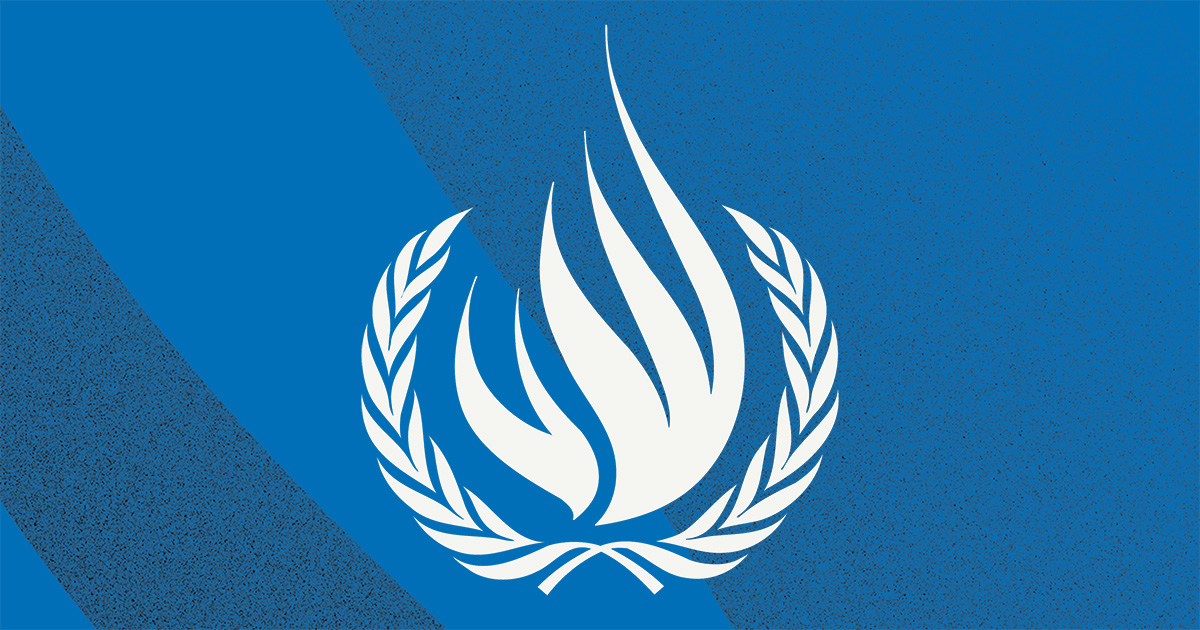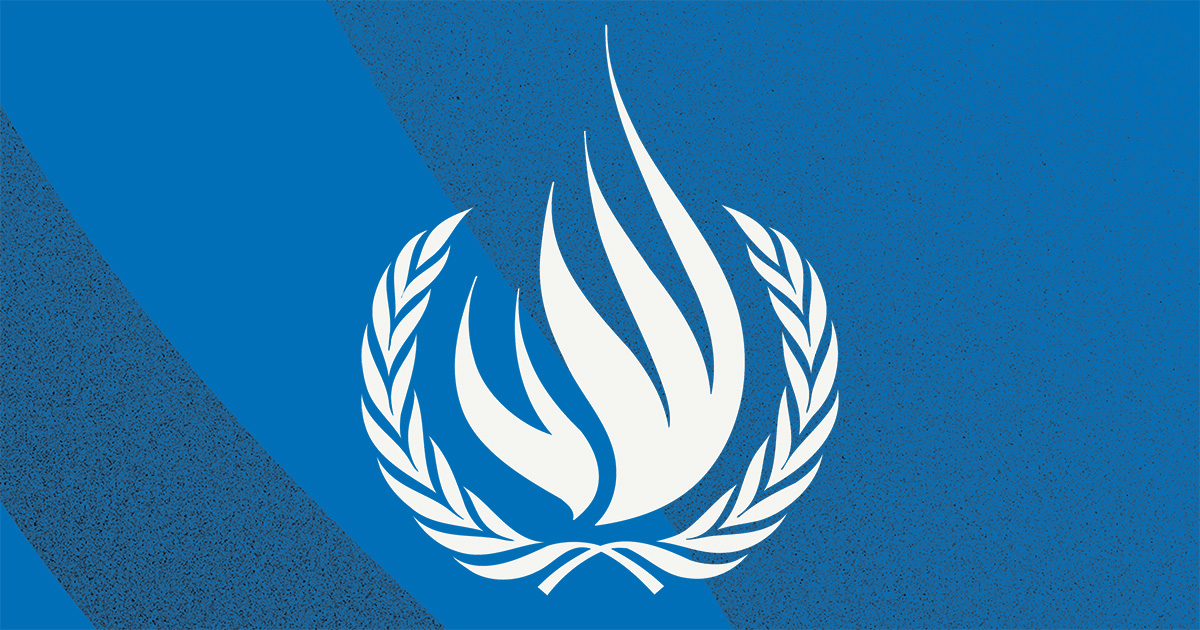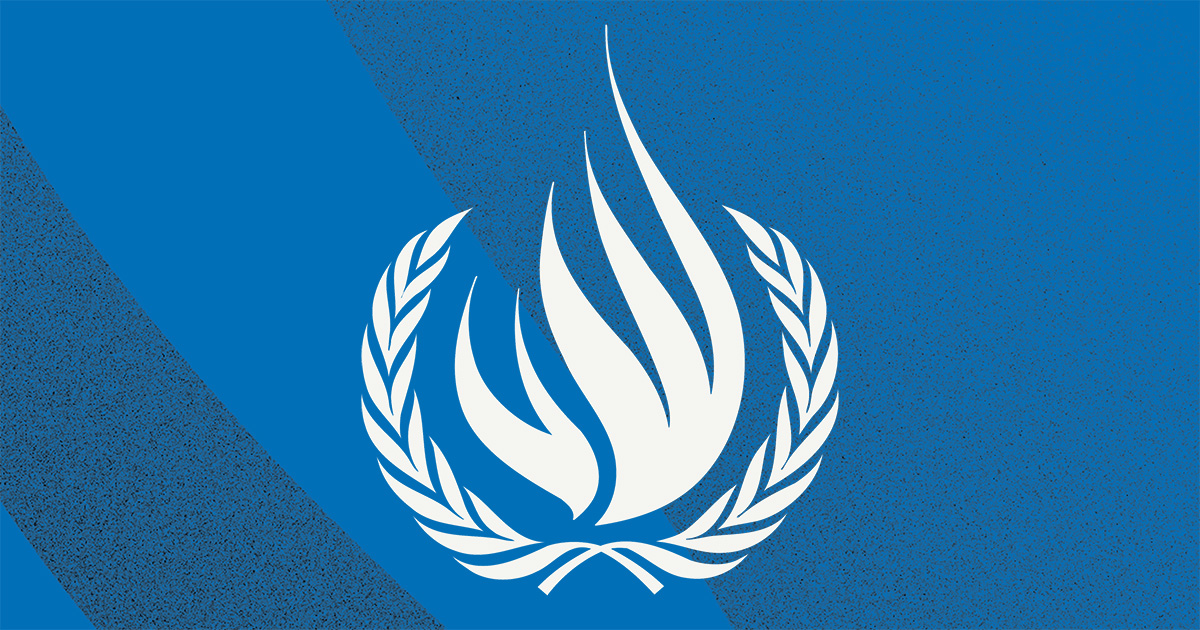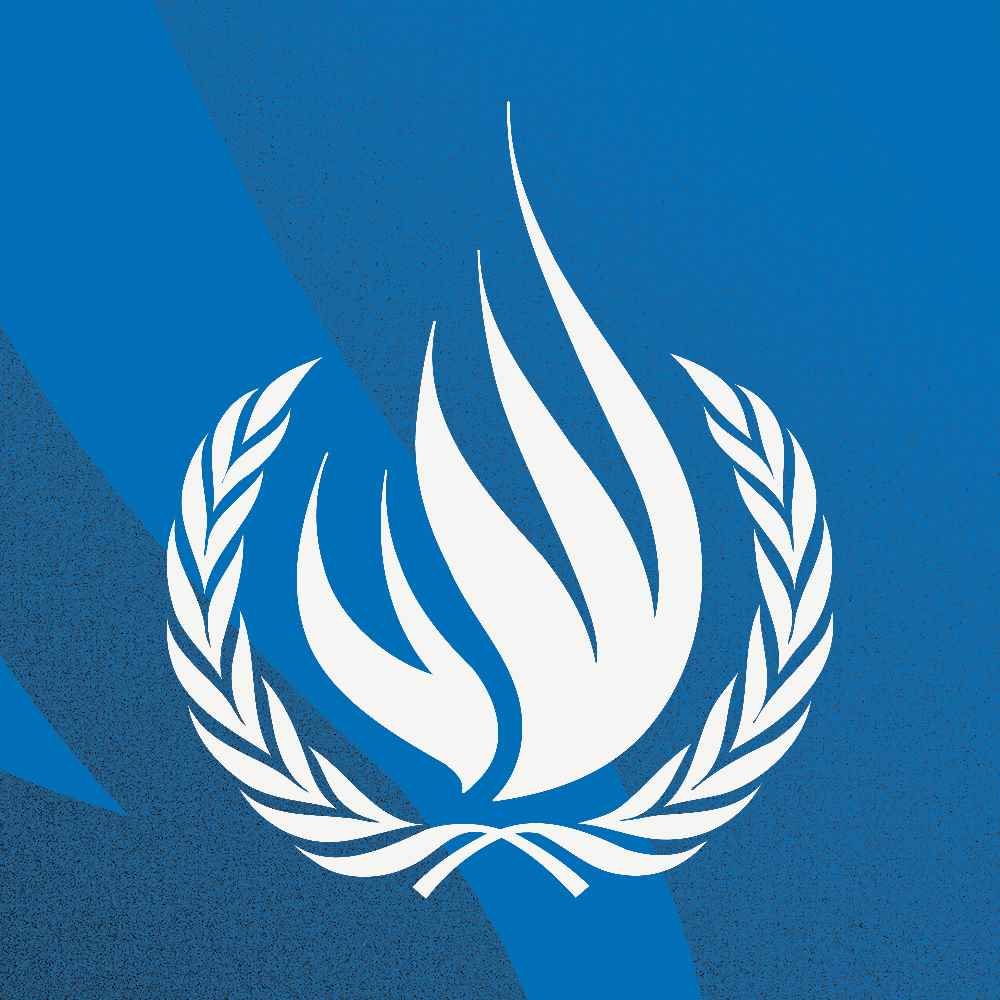
NEW YORK (19 October 2023) – The international shipping industry is key to a functioning global economy, but the sector has been riddled with serious human rights and environmental concerns, a UN expert said today.
Around 90 percent of traded goods worldwide are transported by ocean shipping.
Presenting his latest report to the UN General Assembly, Marcos Orellana, the UN Special Rapporteur on the implications for human rights of the environmentally sound management and disposal of hazardous substances and wastes, called for a human rights-based approach to shipping by States and businesses.
“Oil spills harm coastal communities and Indigenous Peoples; air pollution from vessels impair air quality in port cities; emissions of greenhouse gases from vessels contribute to climate change; shipbreaking (and especially beaching of end-of-life vessels) releases persistent hazardous pollutants to the environment; seafarers are subjected to hazardous working conditions; and the transport of hazardous cargo poses risks to the crew and environment,” Orellana said.
The expert said illegal dumping of hazardous substances and wastes remains a significant source of marine pollution. For instance, bilge dumping – the disposal of a mix of liquids from ship engines and other potentially toxic substances into the ocean – receives less attention than catastrophic oil spills but could amount to 200,000 cubic metres annually. Crew members are often threatened with dismissal or being “blacklisted” if they report such activities, the expert said.
The Special Rapporteur described some of the elements of a human rights-based approach to shipping, including the protection for whistle-blowers, transparency and access to information and accountability of State and business for their actions.
This report deepens and follows Orellana’s report on his visit to the International Maritime Organization (IMO) which commended the impressive achievements of the IMO as a standard-setting authority, while noting the urgent need to interpret and implement IMO conventions in light of the human rights obligations of States.
“States, including flag, coastal and port states, need to apply the obligations laid out in the law of the sea, IMO conventions and the guiding principles on business and human rights and make businesses accountable for their actions,” he said. Several “flags of convenience” do not have the capacity to regulate the number of ships registered under them. Without adequate enforcement, the impact of international conventions is vastly reduced, he warned. Orellana called on businesses in the shipping industry to implement their human rights responsibilities. “Shipping companies and businesses related to shipping should, at a minimum, explicitly recognise their responsibility to respect human rights; establish human rights due diligence processes and put in place efficient processes for preventing, addressing and remedying adverse human rights impacts they cause or to which they contribute,” the expert said.
Marcos A. Orellana, the Special Rapporteur on the implications for human rights of the environmentally sound management and disposal of hazardous substances and wastes was appointed by the Human Rights Council as of July 2020. Dr Orellana is an expert in international law and the law on human rights and the environment. His practice as legal advisor has included work with United Nations agencies, governments and non-governmental organizations, including on wastes and chemicals issues at the Basel and Minamata conventions, the UN Environment Assembly and the Human Rights Council. He has intervened in cases before the Inter-American Court of Human Rights, the International Tribunal for the Law of the Sea, the International Centre for Settlement of Investment Disputes and the World Trade Organization"s Appellate Body. His practice in the climate space includes representing the eight-nations Independent Association of Latin America and the Caribbean in the negotiations of the Paris Agreement on Climate Change and serving as senior legal advisor to the Presidency of the 25th Conference of the Parties of the UN Framework Convention on Climate Change. He has extensive experience working with civil society around the world on issues concerning global environmental justice. He was the inaugural director of the Environment and Human Rights Division at Human Rights Watch. Previously he directed the trade and the human rights programs at the Center for International Environmental Law, and he co-chaired the UN Environment Program"s civil society forum. He teaches International Environmental Law at the George Washington University School of Law and International Law at the American University Washington College of Law. Previously he has lectured in prominent universities around the world, including Melbourne, Pretoria, Geneva, and Guadalajara. He was a fellow at the University of Cambridge, visiting scholar with the Environmental Law Institute in Washington DC, and instructor professor of international law at the Universidad de Talca, Chile.
The Special Rapporteurs are part of what is known as the Special Procedures of the Human Rights Council. Special Procedures, the largest body of independent experts in the UN Human Rights system, is the general name of the Council’s independent fact-finding and monitoring mechanisms that address either specific country situations or thematic issues in all parts of the world. Special Procedures’ experts work on a voluntary basis; they are not UN staff and do not receive a salary for their work. They are independent from any government or organization and serve in their individual capacity.
For more information and media requests please contact: Ms. Noura Humoud A. AlZaid (noura.alzaid@un.org)
For media inquiries related to other UN independent experts, please contact Maya Derouaz (maya.derouaz@un.org) or Dharisha Indraguptha (dharisha.indraguptha@un.org)
Follow news related to the UN’s independent human rights experts on Twitter @UN_SPExperts.
Concerned about the world we live in?
Then STAND UP for someone"s rights today.
#Standup4humanrights
and visit the web page at http://www.standup4humanrights.org









